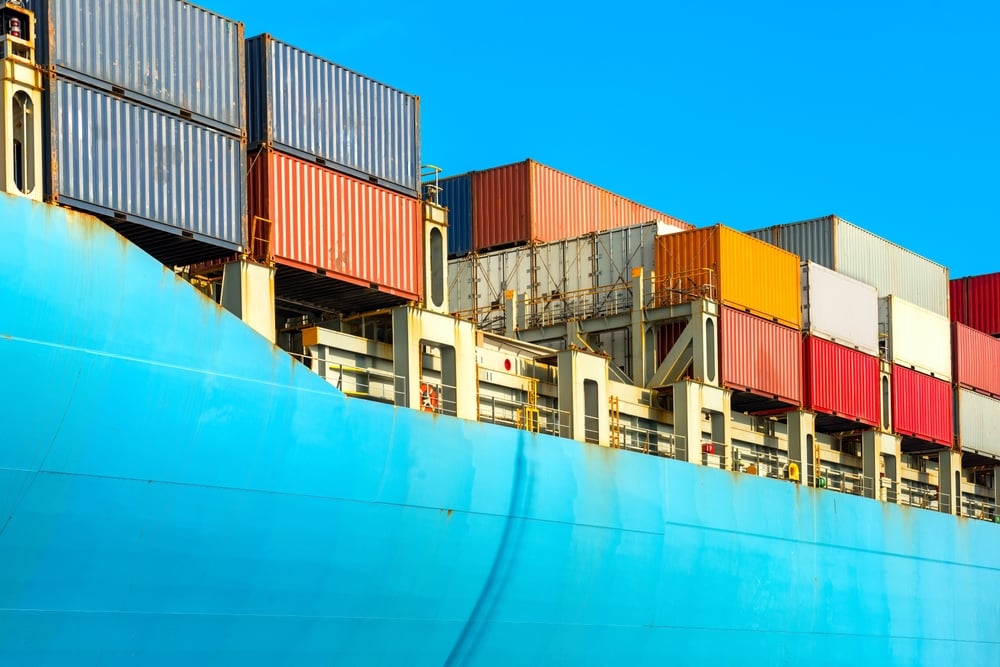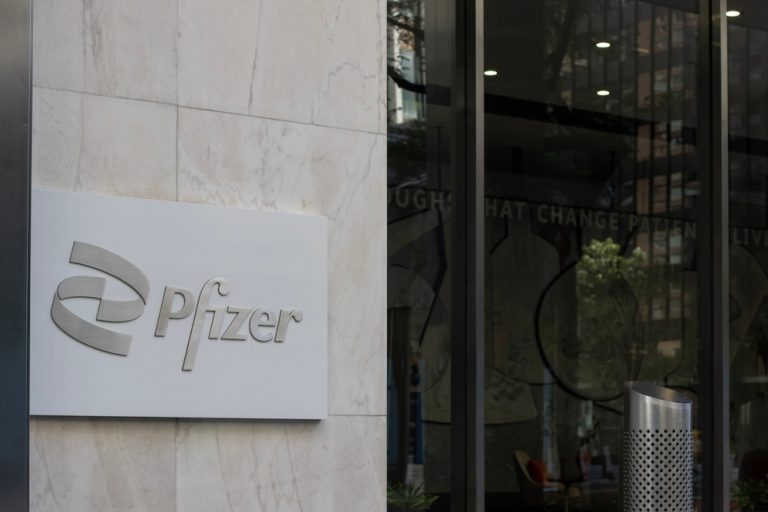Shipping container operations at the Port of Wilmington, North Carolina, have come to a standstill as tens of thousands of dockworkers across the East Coast go on strike. This labor action could severely disrupt supply chains, affecting everything from auto parts to consumer goods, as the U.S. approaches the holiday season and a pivotal presidential election.
Economic Concerns Heighten as Strike Continues
A prolonged strike could have far-reaching economic consequences. JPMorgan analysts estimate that each day of halted port operations could cost the U.S. economy around $5 billion. As the holiday season approaches, consumers may see shortages and price increases on essential items, potentially fueling economic concerns during an election year.
Driving the News
The strike follows the expiration of a labor contract between the International Longshoremen’s Association (ILA) and the United States Maritime Alliance. The ILA is demanding significant wage increases that have not been met, prompting the first major port strike on the East Coast since 1977.
North Carolina Ports Feeling the Impact
While North Carolina’s ports are not among the largest on the East Coast, they play a significant role in regional commerce. The Port of Wilmington and Port of Morehead City collectively moved approximately 4.6 million short tons of cargo in fiscal year 2023, marking a 12% year-over-year increase.
The Port of Wilmington’s South Gate, which handles container shipments, is now closed for cargo pickup and delivery until an agreement is reached, according to the North Carolina State Ports Authority. This halt includes container vessel and intermodal rail cargo operations. The port authority had extended South Gate hours over the weekend in an effort to push through more work ahead of the strike.
Meanwhile, general cargo operations at Wilmington’s North Gate and the Port of Morehead City continue on a normal schedule, though no vessel operations for general cargo will be conducted during the strike.
Hope for Resolution Amid Economic Pressure
“North Carolina Ports is not a party to the agreement and therefore is not a participant in the negotiations. North Carolina Ports is hopeful that both parties will return to the negotiating table and reach an agreement that allows all the ports of the East and Gulf Coast to resume operations,” said Brian E. Clark, executive director of the North Carolina State Ports Authority, in a statement.






















